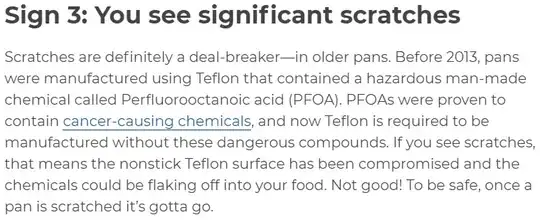Over time, teflon manages to become coated by polymerised oils, similarly to the intentional seasoning on an iron pan. This tends to make the pan just too sticky for such as fried eggs.
I have tried the usual suspects - nylon mesh pan scrubs, Barkeeper's Friend & similar, those little bricks of melamine, bicarb. - and all work to some extent, but none get it right back to the original 'teflon'. The substrate is aluminium, so even though a heavy oven cleaner will work well, it also damages any areas with scratches.
With cheap pans ($£€ 25 or so) I usually throw them out once they get to this stage, but for the last few years I've had a really good, expensive one. I retired it to dry frying only & replaced it a while ago, but it turns out it's still actually better than a new cheap one after just a year.
So, I'm back to trying to get this one back to an as-new state on the inside (the outside I really don't care about).
Does anyone have any sure-fire method I've not yet tried? Good for aluminium, bad for organic polymers.
